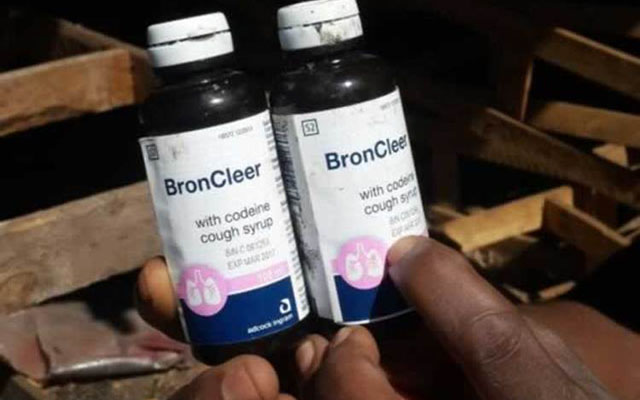EDITORIAL COMMENT : Drug abuse needs urgent stakeholder response

YESTERDAY we published a sad story on drug abuse in Harare, which could be a microcosm of our urban centres. The question which we all must ask as a nation is: Are we prepared to nurture a future of drug addicts in Zimbabwe?
Our general observation is that drug abuse is a subject much talked about, but without maximum and deliberate effort to stamp it out.
Yet, drug abuse can lead to chronic addiction that has serious consequences on the nation in general and individuals in particular. We are quite alive to the fact that everyone responsible — from Government ministries, agencies like the police to parents and guardians — are all concerned when cases of drug abuse occur.
With the level of drug abuse, not only in cities, but in the rural areas as well, it is time that all stakeholders find a way to stop the scourge.
It is a fact that in most cases it’s the youths who are at the forefront of abusing drugs which come in their different forms.
But the commonly abused drugs these days include mental health tablets commonly known as the blue tablet and cough syrups such as BronCleer, also referred to as Bronco in street lingo.
Apart from these, cases of people in Zimbabwe taking marijuana, heroin, cocaine and even methamphetamine have been reported in the past. We note with concern that new types of drugs continue to emerge each year and that there are people prepared to be hooked.
This should be cause for concern and we demand more action from those responsible with nipping this phenomenon in the bud.
A fact we all cannot run away from is that there are mischievous people among us who are out to make money, despite the consequences.
For the youths to access such drugs, it means there is someone who would have made them available. Such people can actually be parents with teenagers of the same age with their customers, or they may be guardians.
These are the people who must also be targeted with the correct message for them to be made aware of the dangers of their actions.
In fact, people in communities know places where such illicit drugs are sold.
For instance, in our story yesterday, a mother from Warren Park in Harare refers to a place in the suburb called KwaBX, where such drugs are sold. Every community, whether in towns or in the rural areas, have such known places and people who push drugs.
This calls for the law enforcement agencies to work with communities to establish where exactly such drugs are sold and swoop on the peddlers.
Our clarion call is for a deliberate campaign targeted at drug abuse involving all stakeholders. Drug abuse often leads to addiction, which is harmful to those who take the drugs and others around them.
We have often read stories of people who killed or maimed each other under the influence of such drugs.
The bottom line is that it is costly for the nation to cure the effects of drug abuse.
Apart from the usual health problems associated with the act such as lung cancer from cigarette smoke and mental illness, the damage goes far beyond an individual.
There are major social problems that come out of drug abuse like violence, child abuse, stress, general crime, destruction of families and lost opportunities.
In short, drug abuse is known to change the way people feel, think and behave.
Considering such damaging effects of drug abuse, parents should strive to monitor their children to ensure that they stay away.
We know that with the world moving on a fast track because of new technologies and social media, children learn faster than what their parents used to do.
But this does not mean that parents should give up and resign to their fate.











Comments